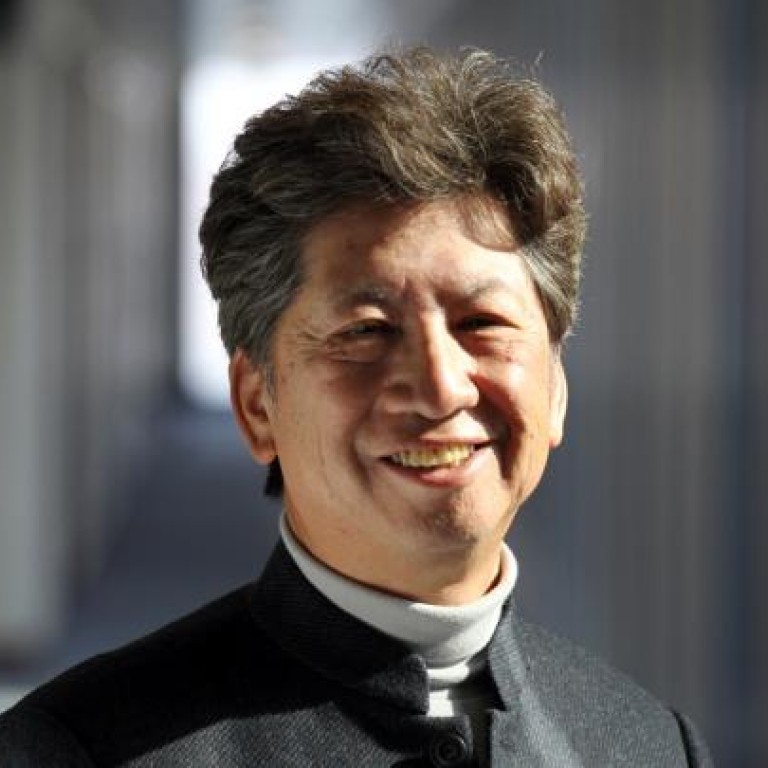
Lawmakers slam CY's Beijing call for 'breaching confidentiality'
Lawmakers slam chief executive for violating confidentiality principle by informing Beijing of plan to introduce property-cooling measure
Lawmakers are accusing Chief Executive Leung Chun-ying of breaching the Executive Council's confidentiality principle by notifying a Beijing official a day before he announced a new property tax.
The Civic Party's Ronny Tong Ka-wah said he had written to the Legislative Council's constitutional affairs panel: "The issue raised questions about the confidentiality principle and [the] "one country, two systems" [policy]. I hope Leung and others will come to the panel and address our doubts."
His move came after Leung yesterday admitted to having informed Wang Guangya, the Hong Kong and Macau Affairs Office director, of the buyer's stamp duty against non-local flat buyers the night before it was introduced in October.
The 15 per cent tax was to deter non-locals, including mainlanders, and corporate buyers from the property market.
In his letter to panel chairman Tam Yiu-chung, Tong asked whether Leung had similarly informed Beijing officials before launching other policies, and if so, what the criteria were for the alert mechanism.
He wrote: "Will this move become a precedent? Will [Leung] promise he will not inform the State Council's Hong Kong and Macau Affairs Office [of the Executive Council's [discussions] again, in order to uphold the "one country, two systems and "Hong Kong people governing Hong Kong" [policies]?"
The Liberal Party's James Tien Pei-chun said it had been appropriate for Leung to inform Wang because mainland buyers had a large market share in Hong Kong.
But Tong's queries were also raised by pan-democratic lawmakers - including the Labour Party's Fernando Cheung Chiu-hung and the Democratic Party's Albert Ho Chun-yan - at a housing and financial affairs joint panel meeting.
If you say the buyer's stamp duty affects mainlanders and therefore you tell them in advance, did you also let them know of this double stamp duty since it also affects them?
Ho slammed the government's explanation as illogical.
"If you say the buyer's stamp duty affects mainlanders and therefore you tell them in advance, did you also let them know of this double stamp duty since it also affects them?"
The double stamp duty was another property-cooling measure introduced last month, which affects all homebuyers except permanent residents without a residential property.
Tam said yesterday he would leave it to the constitutional panel members to decide how to deal with the matter after the Easter holidays.
Meanwhile, Ho and others at the joint panel meeting, which was convened to discuss the double stamp duty, also criticised the government for failing to give exemptions to charities and non-profit organisations.
The Democratic Party's James To Kun-sun said even property-owning churches would be subjected to the duty if they wanted to buy, for example, a unit in a commercial block, for expansion purposes.

